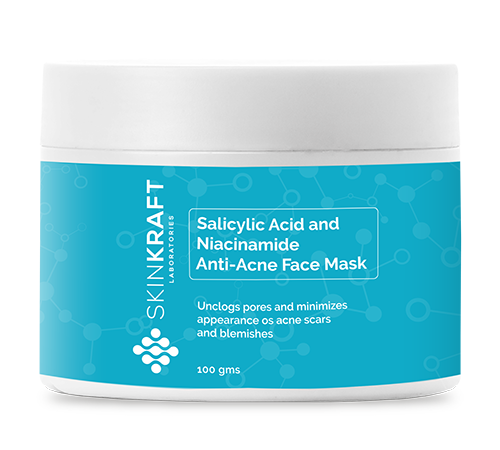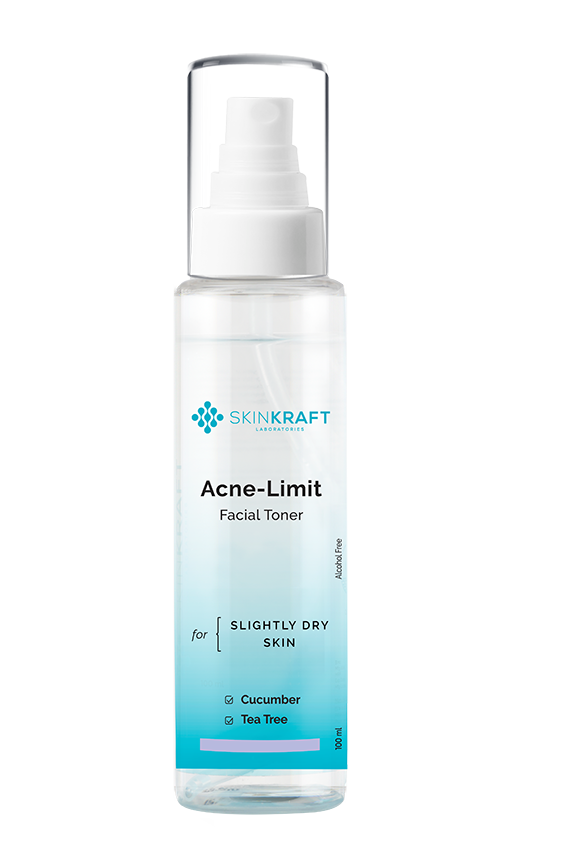GlobalSpa
25-Nov-2021
Have you ever tried salicylic acid to treat your acne woes? If you have oily, acne-prone skin, this is one wonder ingredient that even skin care experts rely on. But how does salicylic acid work on your skin? Let’s find out what experts say.
Dr. Kaustav Guha, director, R&D division of SkinKraft Labs, says, “Salicylic acid has antibacterial as well as anti-inflammatory properties. Thus, using salicylic acid kills the acne-causing germs, which in turn improves your skin’s health and appearance.”

Salicylic acid is a BHA (beta hydroxy acid) that is soluble in oil. It can thus dissolve the deposition of oil and dead cells from the surface of your skin. Therefore, it gently exfoliates your skin and opens up the clogged pores. The debris on your skin surface, which clogs your pores, are the major culprits behind acne breakouts.
Also, these depositions provide food for the acne-causing germs. Salicylic acid reduces redness and irritation associated with acne which is especially helpful in conditions such as cystic acne.

Dr. Guha adds, “Salicylic acid decreases sebum secretions from within the skin.” The sebum secreted from your skin has oil, which along with dirt and debris clogs the pores of your skin, causing breakouts. Thus, salicylic acid not only clears up your skin but also prevents future flare-ups of acne.
If you are wondering if salicylic acid can be used by people of all skin types, the answer is yes. Salicylic acid is a very gentle ingredient. However, it is advised to do a patch test on a small part of skin on the arms or legs to test for any adverse effects. A concentration of upto 2% salicylic acid may be used in cosmetic products for treating acne. You can either apply a few drops of salicylic acid serum directly on your cleaned face or use a face cleanser containing salicylic acid.

Salicylic acid also boosts the regeneration of new cells on the skin surface. Regular usage of salicylic acid reduces the appearance of acne scars and gives you an even skin tone.
However, if you have sensitive skin or if you overuse a salicylic acid product, your skin may get dehydrated, causing mild irritation. Also, it is best to avoid using salicylic acid if you are pregnant, breastfeeding or have allergies to salicylic acid or its derivatives. It is best to consult your dermatologist if you have any doubts regarding the usage of salicylic acid.